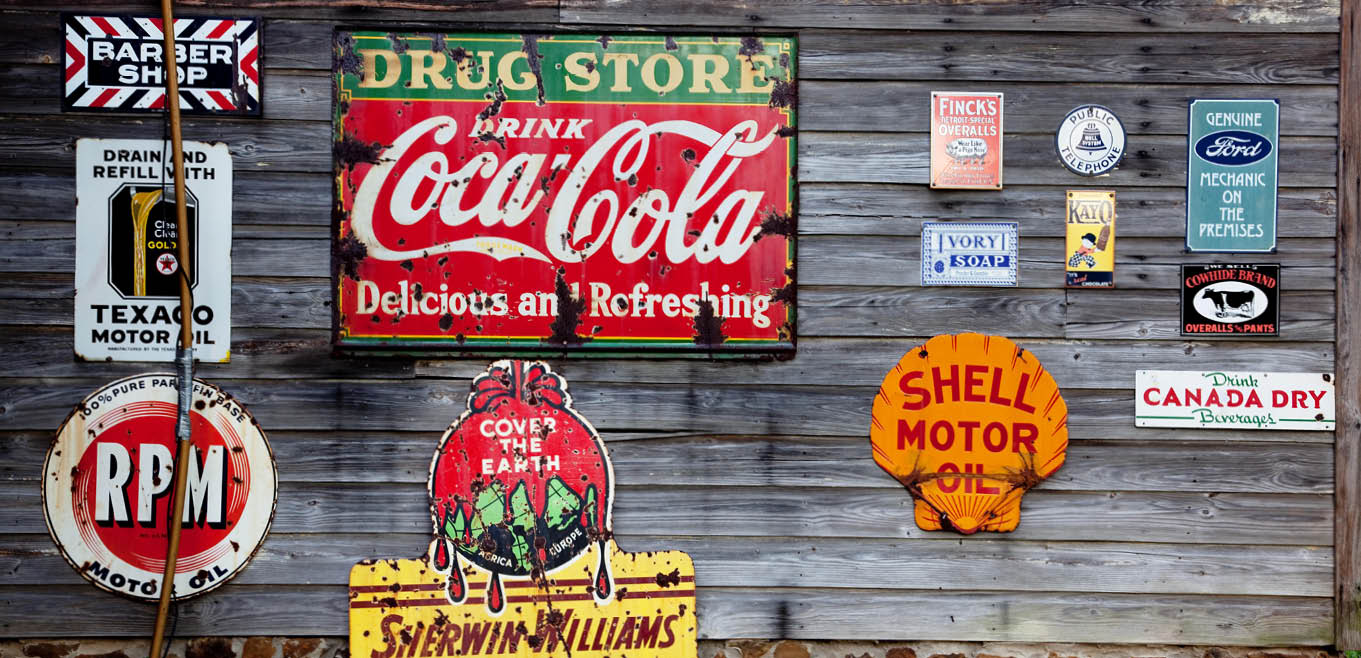Nostalgia (noun): a sentimental longing or wistful affection for the past, typically for a period or place with happy personal associations.
Nostalgia has always been used as a marketing tactic and likely always will be. Why? It’s effective, and this effectiveness stems from our collective craving of familiarity. Though some people are more open to change than others, you can almost guarantee that a sales pitch that harkens back to something memorable will win every time. According to the Journal of Consumer Research, people are even inclined to spend more money when feelings of nostalgia are involved.
Look at the ad campaigns of some of the largest, most successful companies. Most (if not all) have utilized nostalgia in an attempt to make a meaningful connection with the people on the receiving end. Coca-Cola® uses this tactic frequently—in commercials, in packaging, and even in “throwback” merchandise—and it’s part of what makes their product so successful.
One of their most famous and effective campaigns launched in 1971 with the “I’d Like to Buy the World a Coke” commercial. The brief commercial tapped into viewers emotion and longing for peace (it was released at the height of the Vietnam War). With this commercial and countless others since then, the Coca-Cola company has made the wise decision to use the targeted power of emotion in their ads, and, unsurprisingly, it’s worked.
The truth is, it doesn’t matter if you’re selling soft drinks or real estate, this same tactic can apply to your marketing. People want to be reminded of the happiest moments of their past and feel an emotional connection with the items they purchase, and it’s not difficult to establish these criteria in your sales pitch, marketing campaign, or ad, and these are just a few ways to do it:
Borrow, don’t copy
There’s nothing wrong with doing some research and identifying the marketing tactics that have worked for other companies in the past, and borrowing from those strategies. There is a reason why they worked in the first place and bringing them back around a second time will likely bring you success if done right.
Part of utilizing nostalgia marketing is not to recreate a campaign in its entirety, but to borrow from a specific time and place and put your own spin on it. The fashion industry does this all the time, to great success, but the same can be applied to any business.
Make an old experience feel new
It’s not enough to take from the past without bringing in elements of the present. If Apple decided to launch a throwback iPod with the promise of all of the same features as the original and nothing else, people might be excited initially, but excitement would surely fade.
The same idea applies to any nostalgia marketing strategy. Your marketing must tap into your audience on an emotional level, without feeling cheesy, outdated, or too repetitive.
Be subtle
We experience nostalgia marketing every day, whether we realize it or not. One look at throwback logos, color patterns, etc., and we are transported to another era, and none of these accomplish this with very much effort.
Instead of incorporating nostalgia into every facet of your marketing, think about how you can use it to your advantage with as minimal effort as possible. Maybe you can utilize colors or a font that would be reminiscent for your intended audience? Or perhaps quotes or imagery derived from a particular time?
For example, if your target audience are Baby Boomers, they might appreciate an ad or email that includes imagery from the ‘60s and ‘70s, or mentions a familiar cultural event. You wouldn’t include a quote from an episode of I Love Lucy in an ad directed toward teenagers, would you?
Next steps
We are living in a time period where most of our communication and every day interactions are extremely impersonal. There is no diminishing the value of a text or email as far as efficiency goes, but when it comes down to your ability to stand out, thoughtfully-crafted, emotional touch points are a must.
Think about the experiences of your core clients. What was the environment they grew up in? How might their youth have shaped their behaviors today? And craft your strategy around these points. Positive cultural memories are among the most powerful we have, and it’s ill-advised to not make the most of them in your business.



















